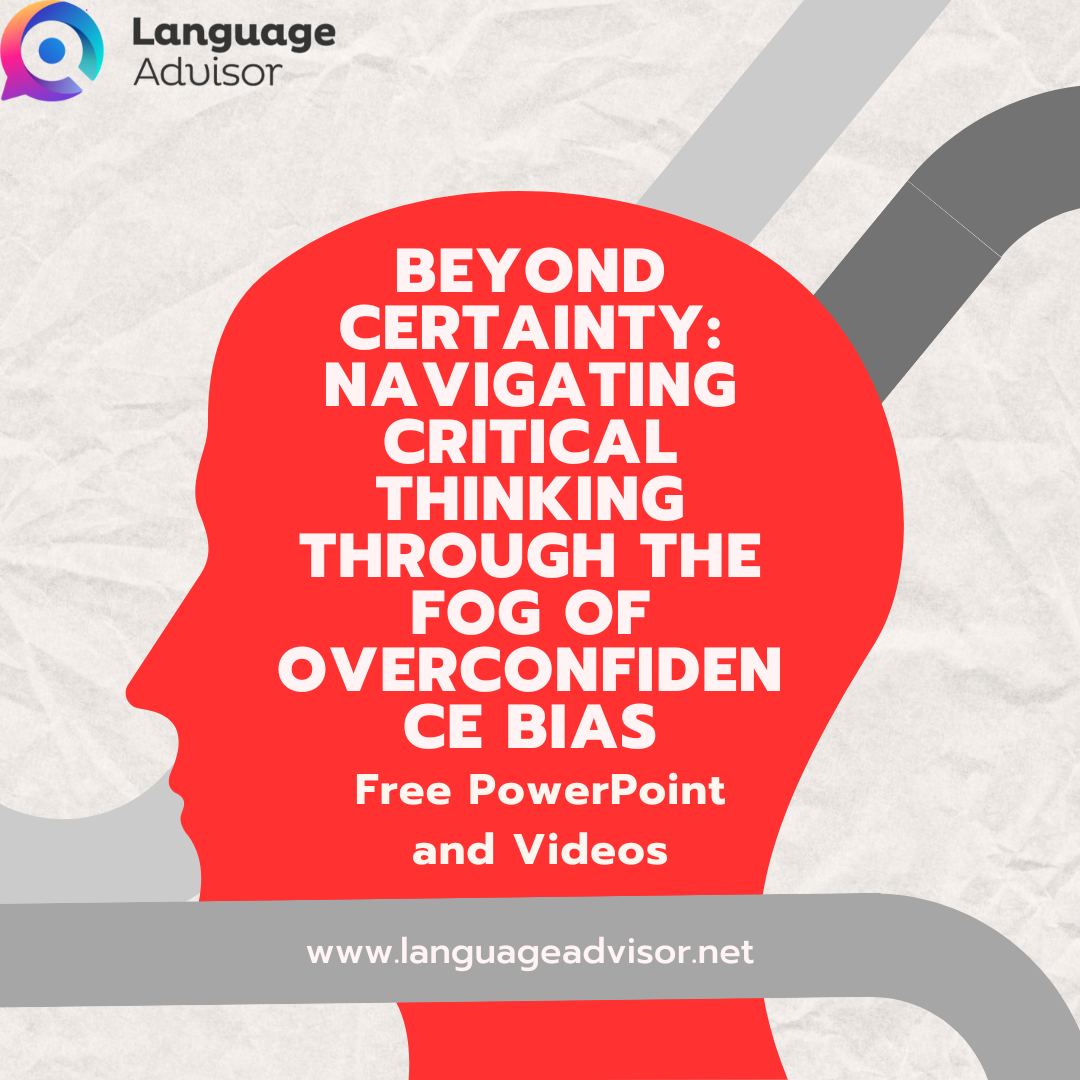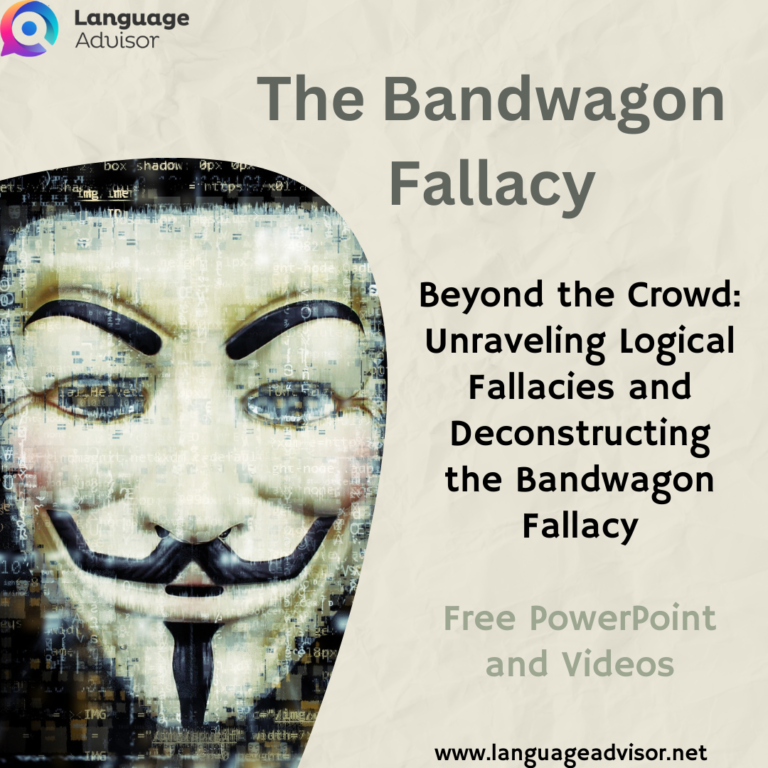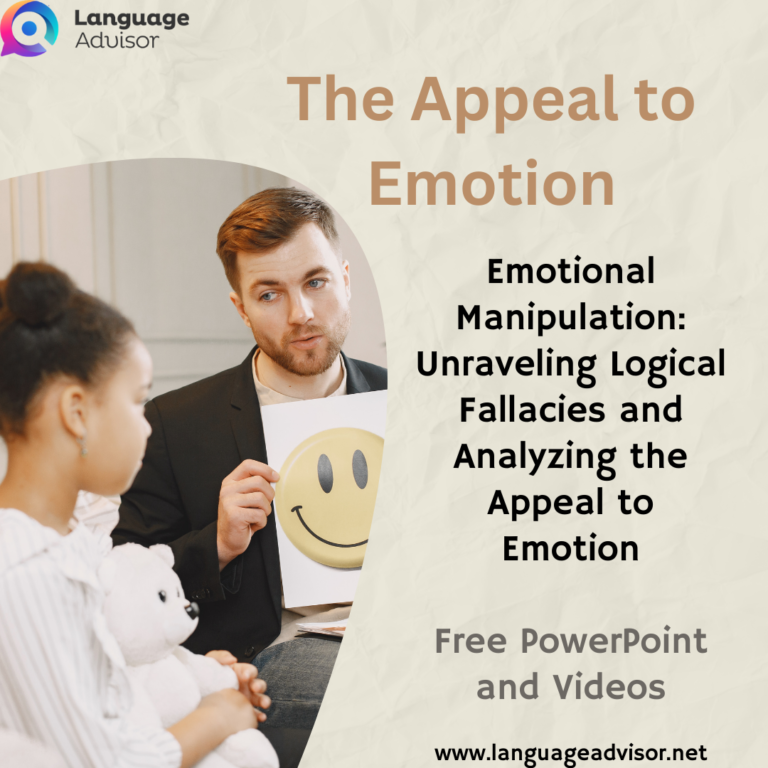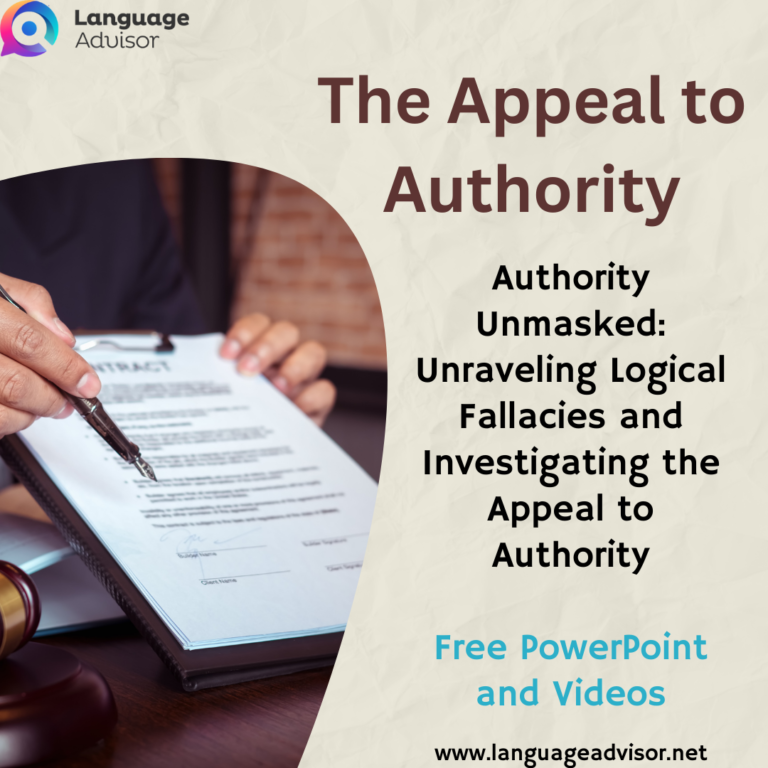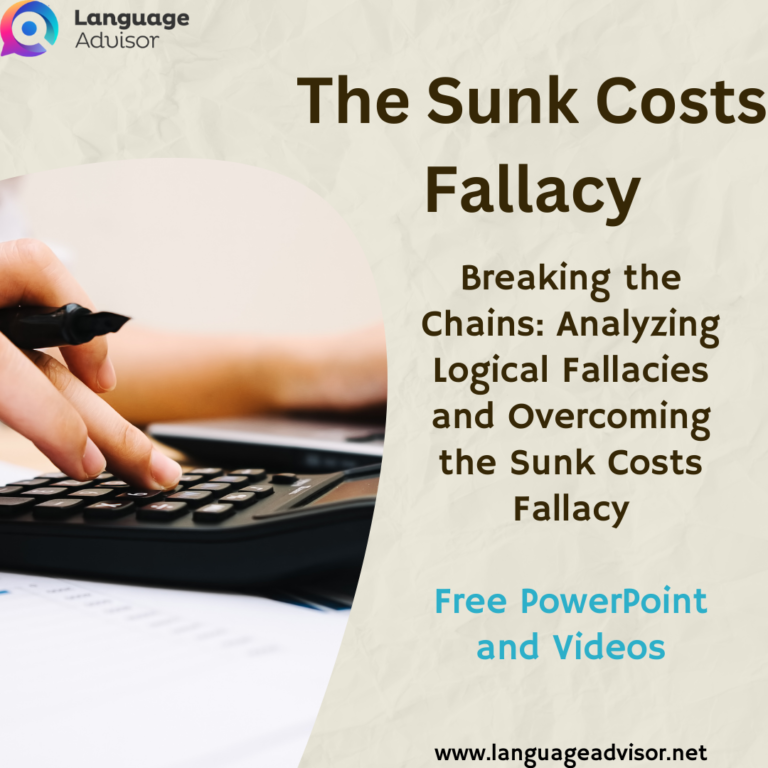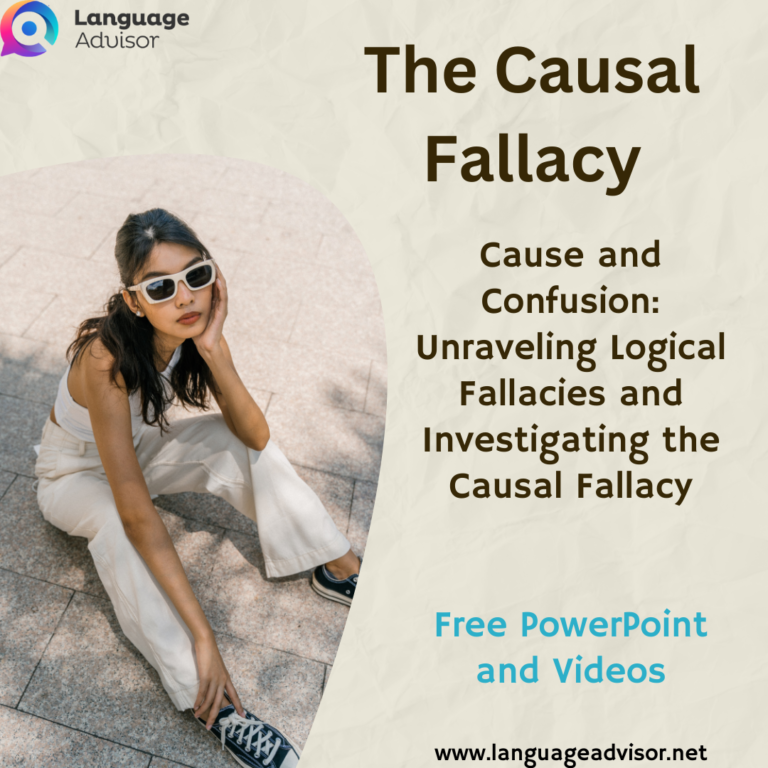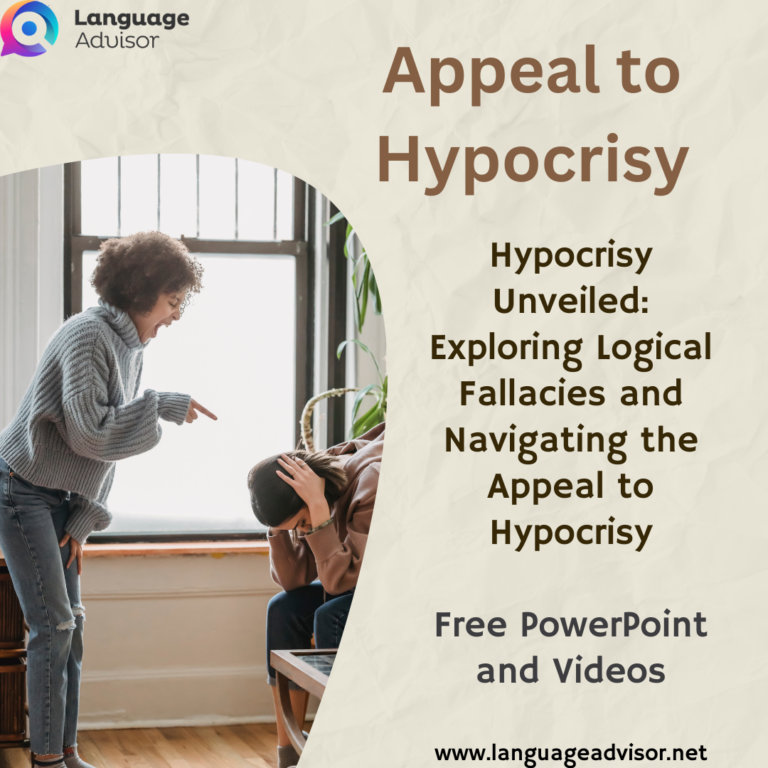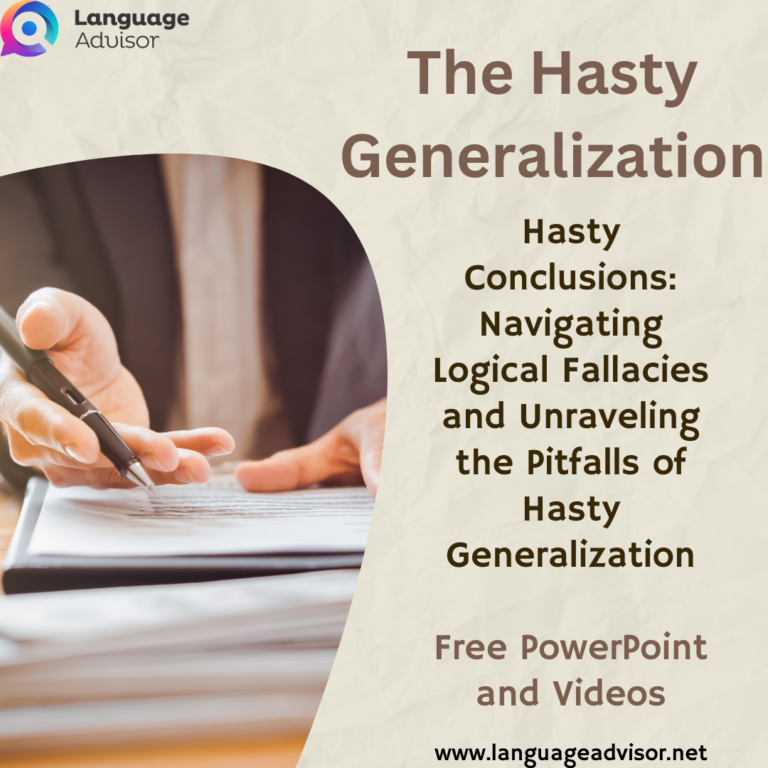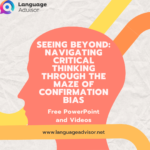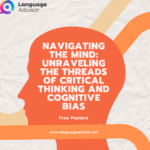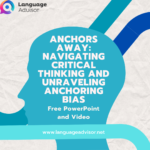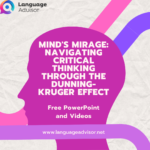Beyond Certainty: Navigating Critical Thinking Through the Fog of Overconfidence Bias – Free PowerPoint and Videos
Beyond Certainty: Navigating Critical Thinking Through the Fog of Overconfidence Bias

In the vast expanse of cognitive biases, understanding how our minds tend to overestimate our abilities is crucial for fostering a balanced and nuanced approach to decision-making.
- Critical Thinking: Illuminating the Path of Rationality: Discover the essence of critical thinking as our guiding lantern through the convoluted terrain of cognitive biases. Critical thinking becomes the compass that empowers us to navigate the challenges posed by Overconfidence Bias, fostering a more realistic assessment of our own judgments and capabilities.
- Overconfidence Bias Unveiled: The Mirage of Certainty: Peer into the psychology of Overconfidence Bias, where individuals exhibit an unwarranted belief in the accuracy of their judgments and the certainty of their knowledge. Explore how this cognitive bias creates a mirage of confidence, potentially leading to errors in judgment and decision-making.
- Real-world Implications: Navigating the Pitfalls of Overestimation: Examine real-world scenarios illustrating the tangible impact of Overconfidence Bias on personal and professional decisions. From financial choices to project management, we dissect instances where this bias can lead to overestimation, hindering objective and rational decision-making.
- Critical Thinking Strategies Against Overconfidence Bias: Equip yourself with the tools of critical thinking to counteract the influence of Overconfidence Bias. This section offers practical strategies and exercises to cultivate humility and a more accurate self-assessment, enabling individuals to make decisions based on a balanced and objective understanding of their abilities.
- Breaking the Chains: Applying Critical Thinking in Everyday Choices: Break free from the constraints of Overconfidence Bias in various aspects of life. Through the lens of critical thinking, explore how individuals can foster a mindset that values humility, embraces constructive feedback, and seeks continuous learning rather than succumbing to the limitations of overconfidence.
As we conclude our exploration, it’s evident that critical thinking serves as a shield against the pitfalls of Overconfidence Bias. In our pursuit of balanced decision-making, let us embrace a mindset that values self-awareness and acknowledges the inherent uncertainties in our judgments.
Join us on this journey towards cognitive clarity, where confidence is tempered with humility, and decisions are grounded in objective evaluation with these free Power Point and Video

Power Point – Overconfidence Bias
DOWNLOAD THE POWER POINT FOR FREE
Beyond Certainty: Navigating Critical Thinking Through the Fog of Overconfidence Bias
Video: Why we are wrong when we think we are right
Video: 3 kind of bias that shape your worldview

Also check out these free resources on Critical Thinking and Cognitive Bias


